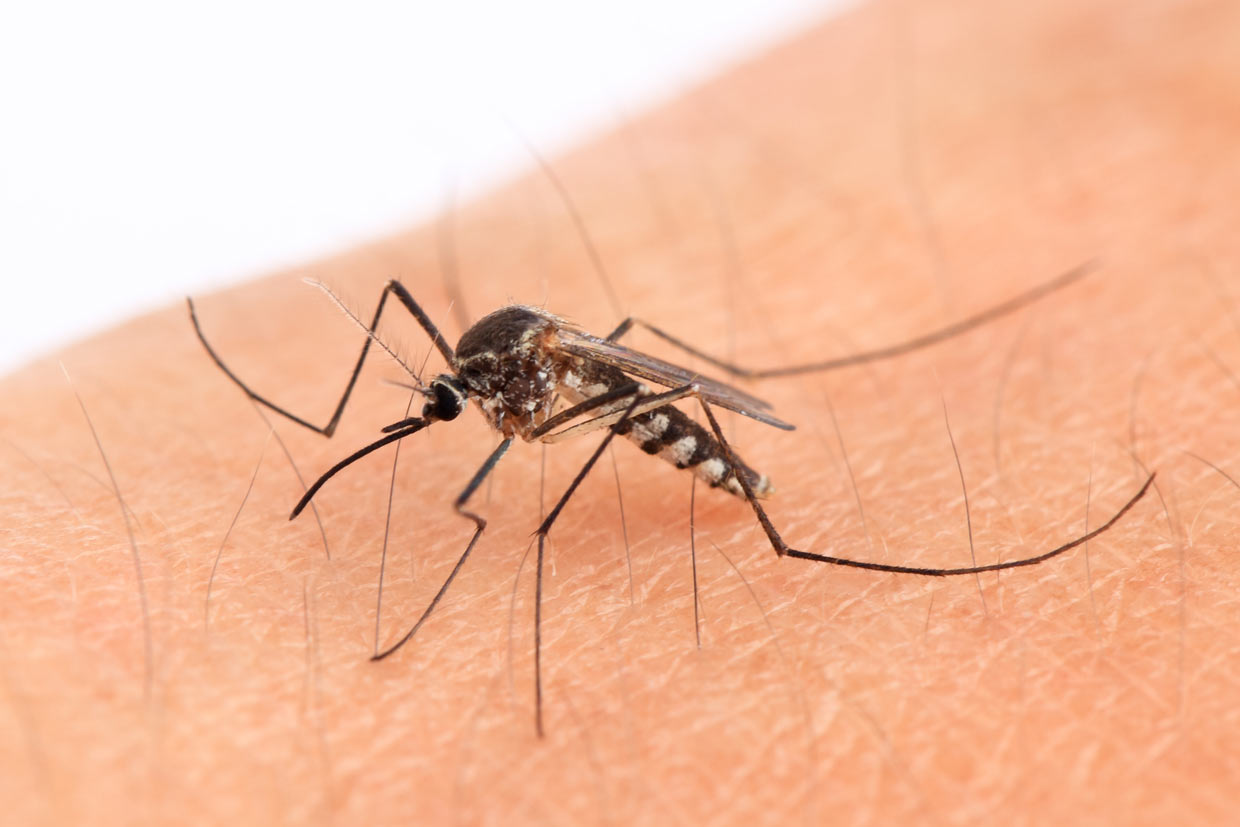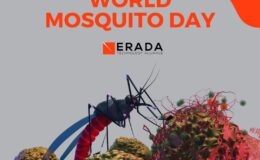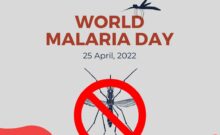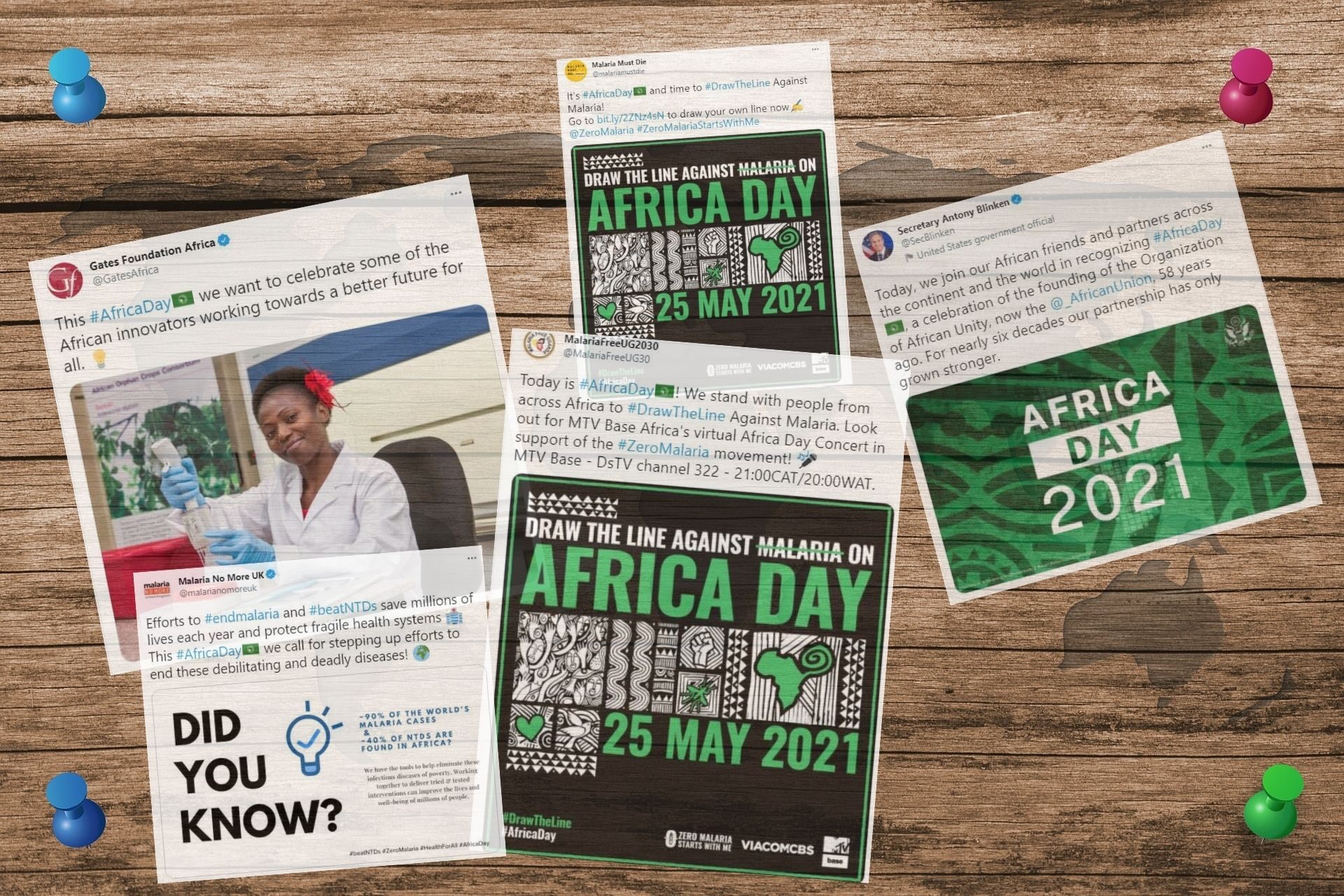Dr Benji Pretorius comments following new data on Covid-19 released by the World Health Organization (WHO) which shows an increase in malaria deaths directly related to Covid-19 disruption.
According to the latest WHO World Malaria Report, released on 6 December 2021, there were an estimated 241 million malaria cases and 627 000 malaria deaths worldwide in 2020. This represents about 14 million more cases in 2020 compared to 2019, and 69 000 more deaths. Approximately two-thirds of these additional deaths (47 000) were linked to disruptions in the provision of malaria prevention, diagnosis and treatment during the pandemic, the organization said in a statement.
Fortunately, the worst case-scenario projected by WHO that malaria cases could potentially double in sub-Saharan Africa, which accounts for around 95% of the global malaria burden, as a result of Covid-19 did not come to be. This, according to WHO, is a result of affected countries taking steps to protect existing malaria programmes during the first Covid-19 wave.
In the Greater Mekong region, for example, cases of malaria have continued decreasing to around 82 000 at the end of 2020 compared to a peak of 650 000 in 2012 and 100 000 in 2019. Furthermore, China and El Salvador have both become certified malaria-free this year, bringing the total number of countries to reach this milestone to 40.
However, there are concerns that progress towards the milestones set out in WHO’s 2030 malaria strategy is off-track. Dr Pretorius, who survived a severe case of malaria himself, reiterates the need for global leaders to keep malaria part of the international agenda.
He comments: “Some of the steps taken against malaria in what has been the most challenging of circumstances has been inspirational. But the WHO data has shown that we are still on a long path to ending malaria for good. Covid-19 has taught us a number of lessons about how global pandemics are managed and why one cannot be prioritised over the other, as we saw in the 2015 Ebola outbreak.
“While I am personally excited at the prospect of a new vaccine close to coming to market, there needs to be a commitment from regional and international policymakers for the continuation of prevention at community level for it to have the most positive outcome. Community workers deserve huge credit and admiration for their efforts during Covid-19, bringing vital protection equipment such as insecticide-treated mosquito nets and tests to the communities vulnerable to both malaria and Covid-19; now we need to make sure they can keep on this selfless work by facilitating rapid testing.”
Details of Salva! can be accessed here.







